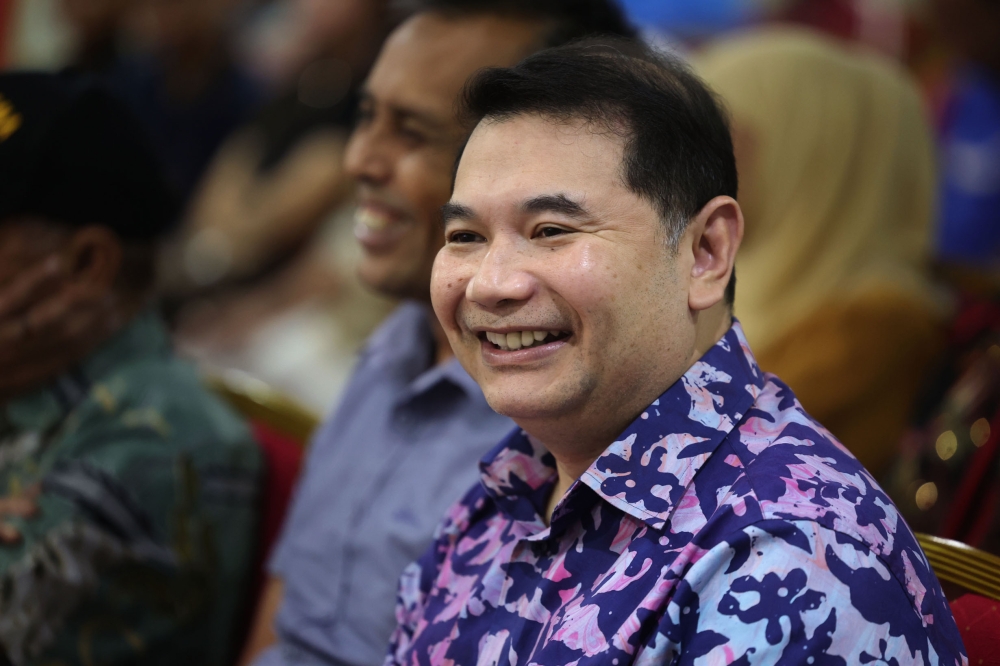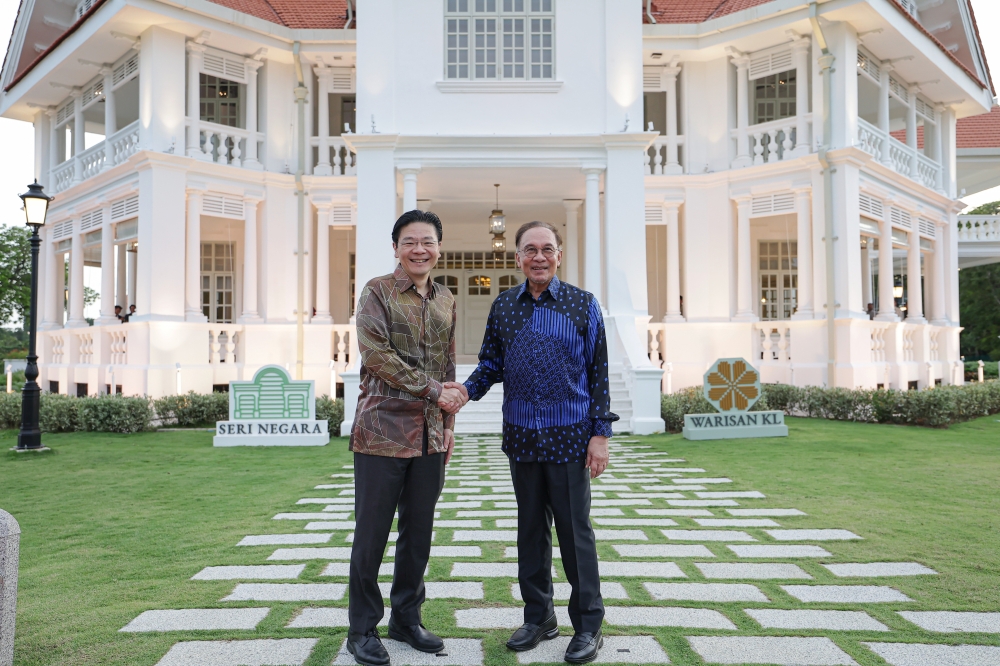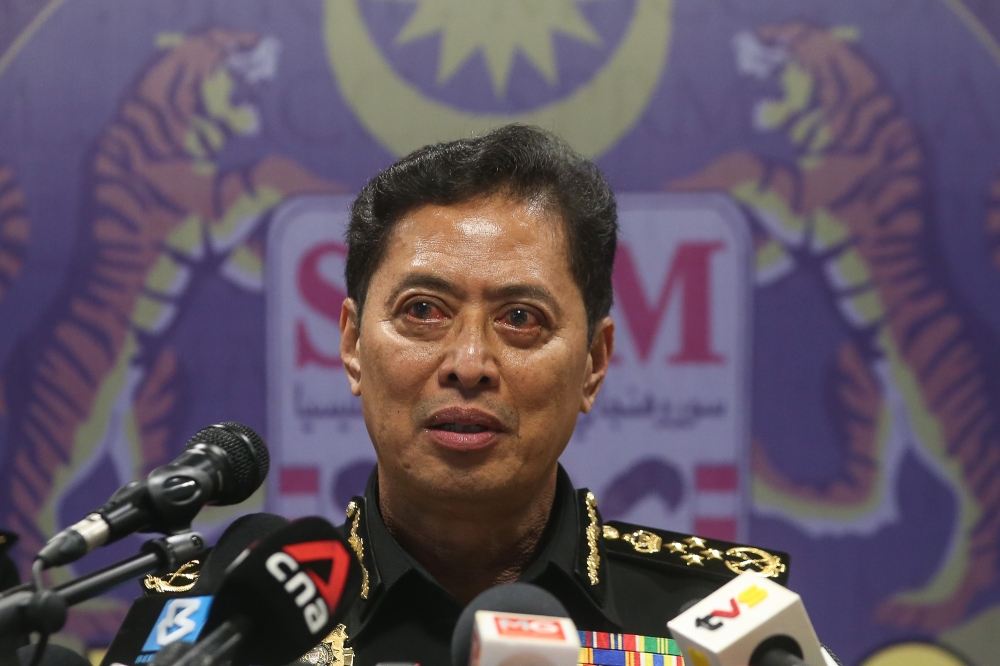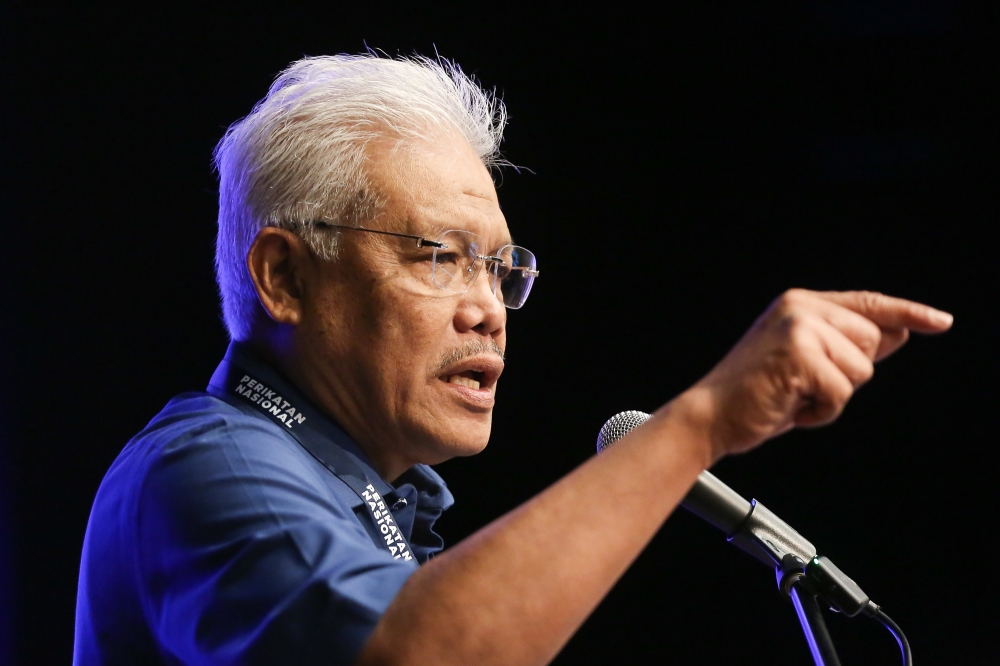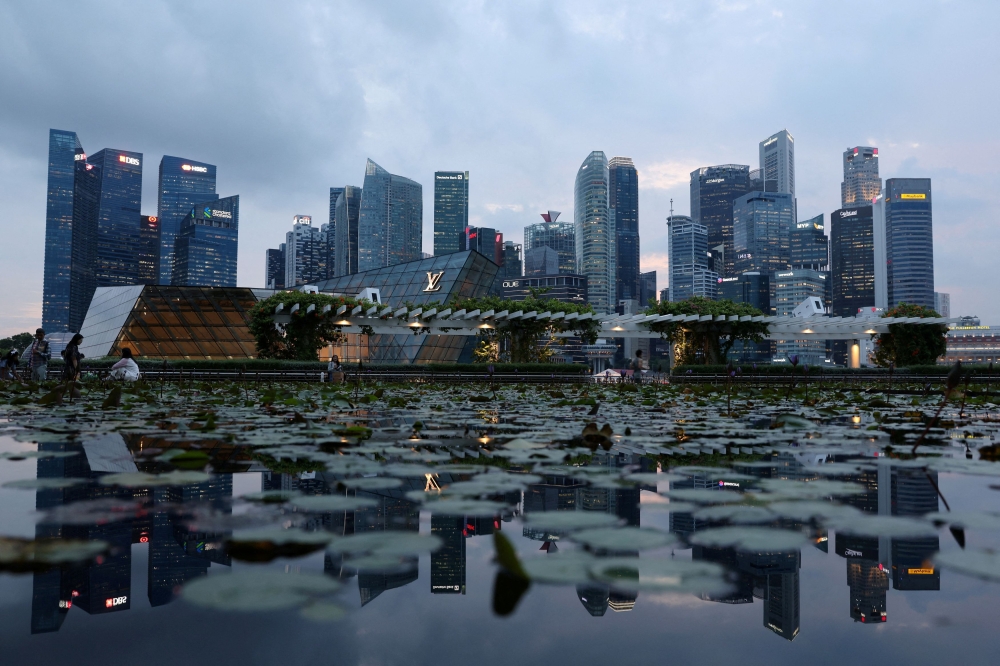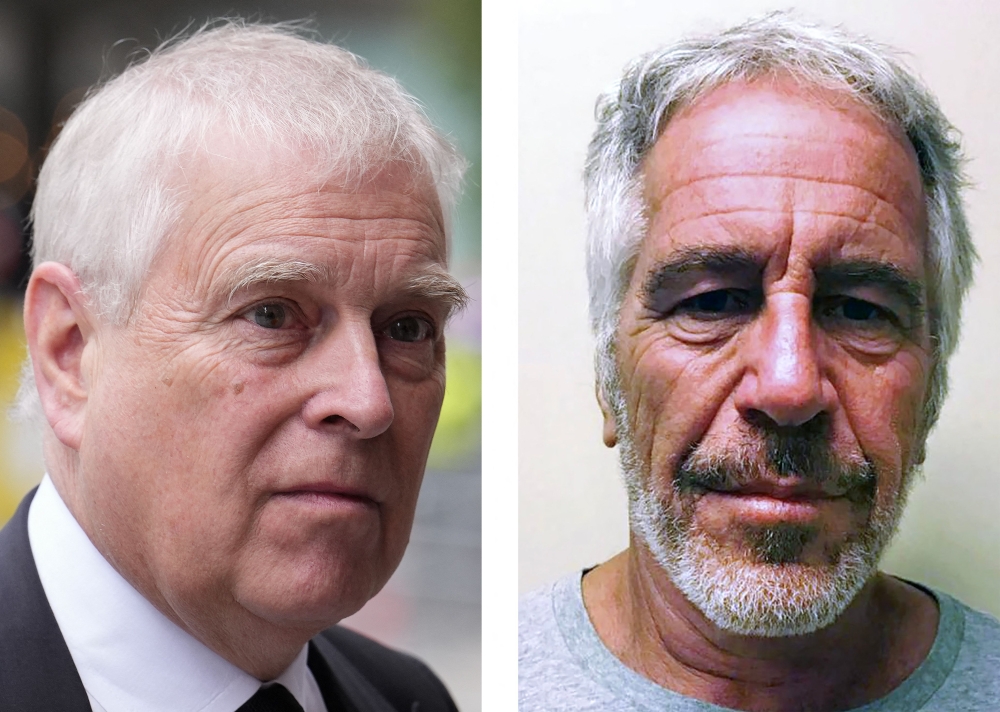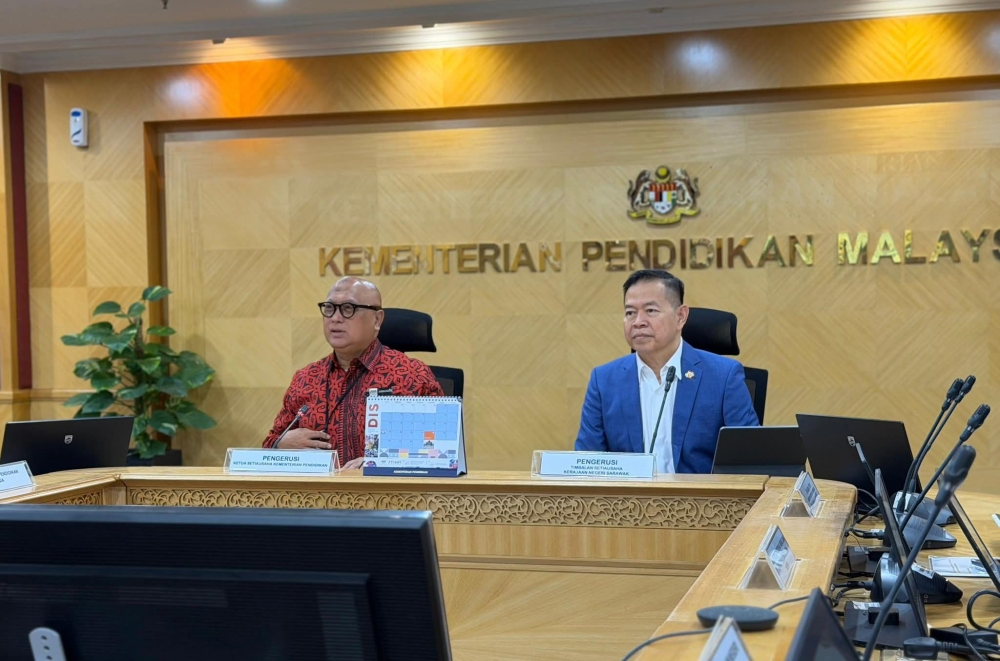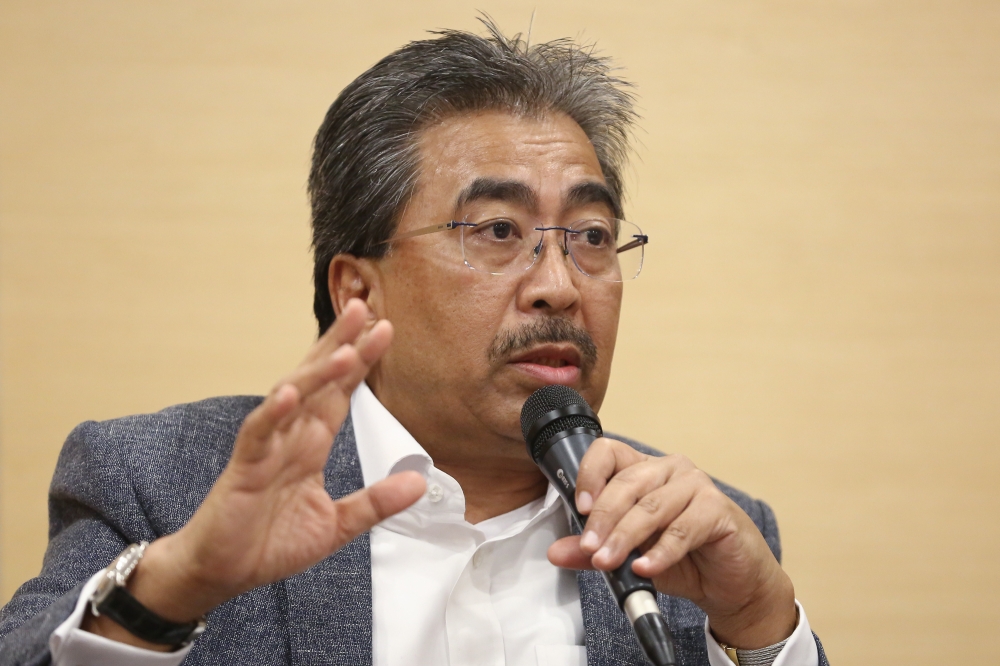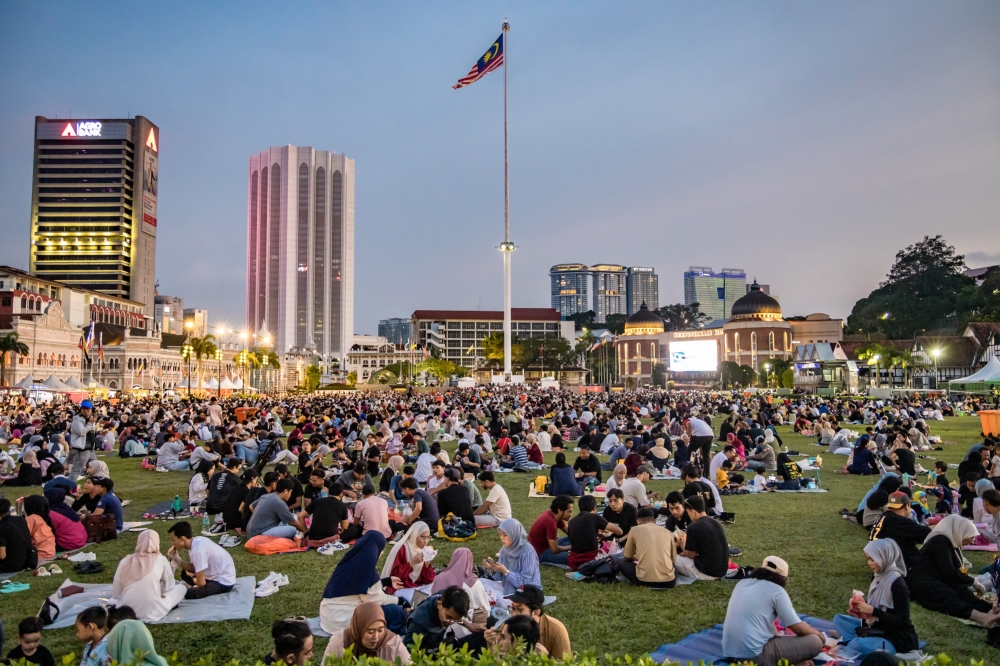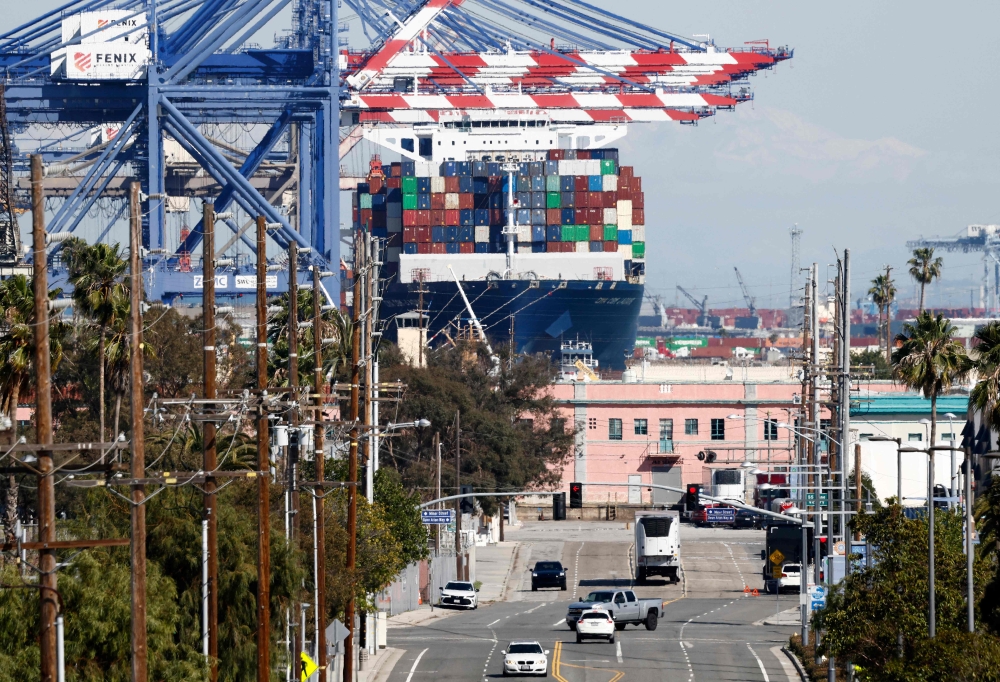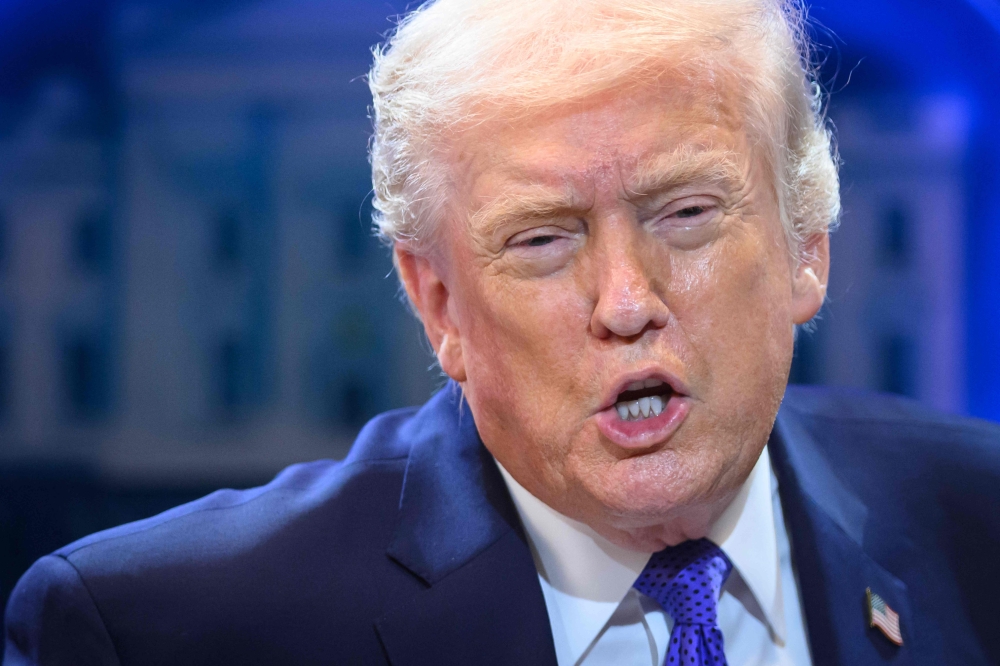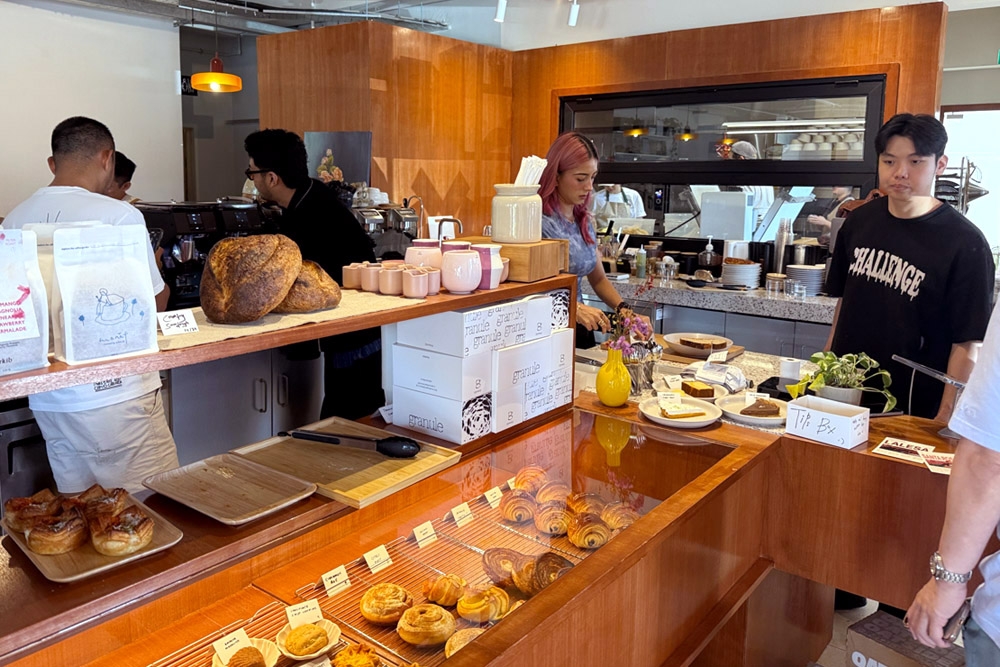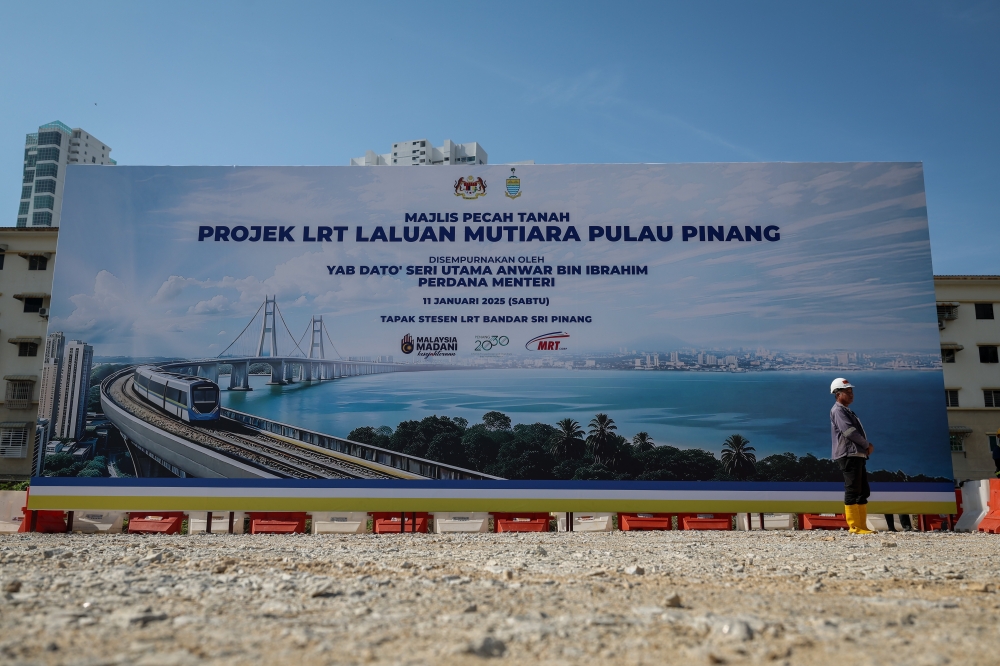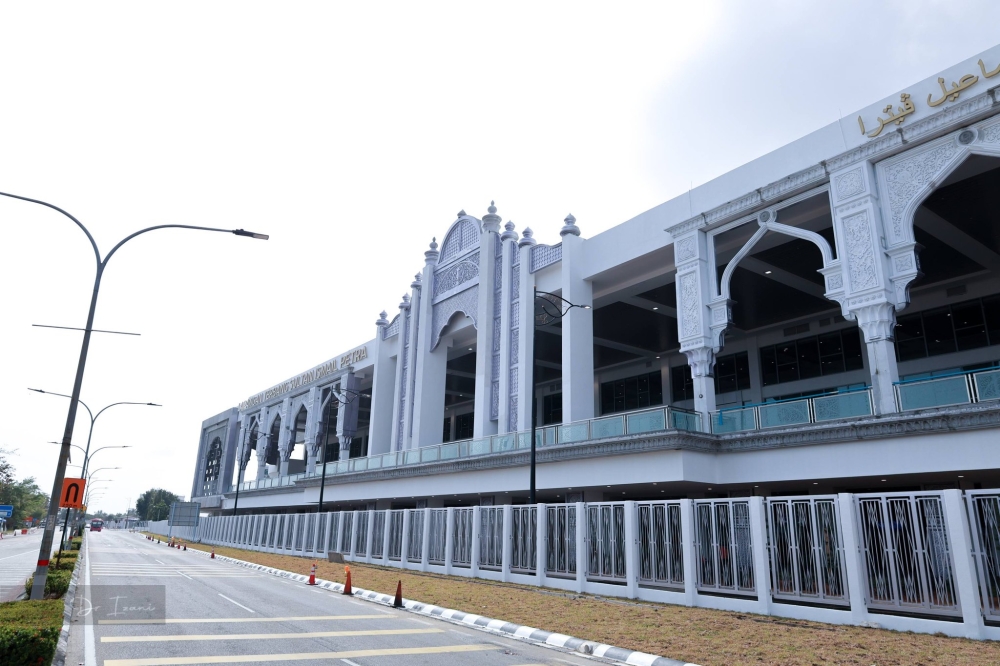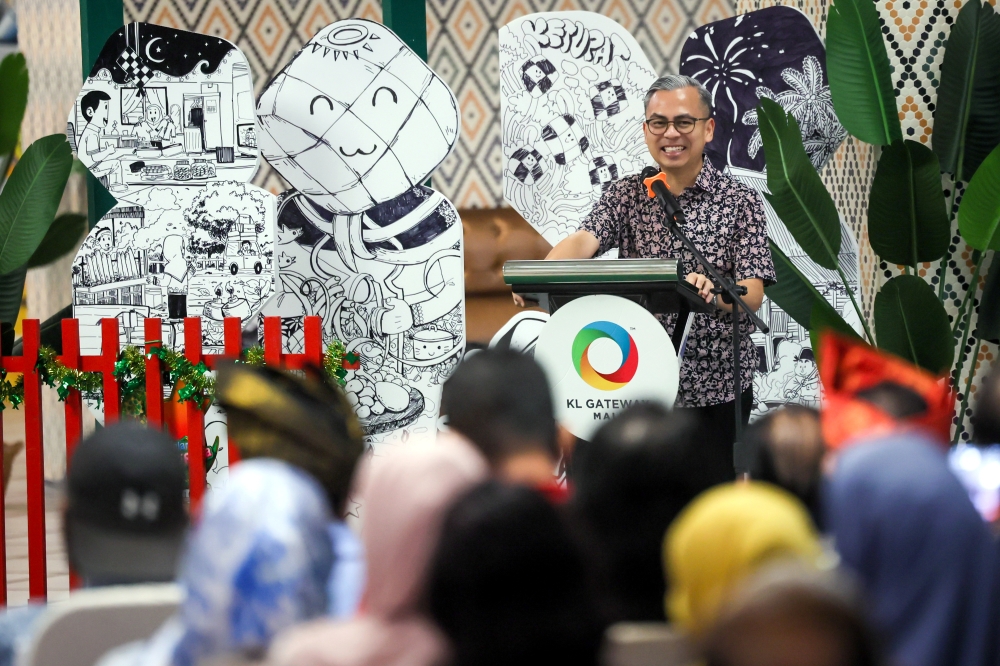KUALA LUMPUR, June 27 ― Muslim lawmakers from both sides of the political divide have raised concerns over the seeming trend of Muslims imposing their beliefs on others, questioning if this is reflective of a wider agenda that is backed by Putrajaya to turn Malaysia into an Islamic state.
The federal lawmakers noted that the federal government appeared either unable to stop or even condoning of incidents in which Islamic sensibilities are imposed on the larger society by religious authorities and individuals.
“This issue bothers me because as our forefathers taught us, religion should be about faith and (is) personal,” Umno's Pulai MP Datuk Nur Jazlan Mohamed told Malay Mail Online via text message.
“I suspect the longer-term objective of these groups is to usurp power through religious means and therefore avoid being legitimately elected.
“While I respect their motives and intentions, the elected government of the day must control the actions of these groups and act in the interest of all the citizens of the country,” he added.
On Wednesday, the Malaysian Bar criticised Deputy Education Minister Datuk Mary Yap for reportedly saying that non-Muslims should consume food and drink discreetly and outside the view of fasting Muslims, in response to outrage over a “joke” told by a teacher in Kedah to non-Muslim students about drinking urine.
The Kedah incident is reminiscent of a 2013 incident in which a Sungai Buloh primary school encountered controversy after non-Muslim students were pictured eating in a toilet during Ramadan.
DAP's Bukit Bendera MP Zairil Khir Johari argued that such posturing over religion would ultimately lead up to ridiculous rulings that benefit no one.
“Should we ban Ramadan bazaars so Muslims don't need to look at food?
“When our Hindu friends fast for Thaipusam, do we go out of our way to accommodate them by not drinking or eating in front of them?” he said when contacted.
Zairil admitted that there is “no quick solution” to the religious polarisation the country is facing, but stressed that the first step to fixing the situation is to take governments and political parties out of the equation.
“It's not even about tolerance here. The problems are cropping up today because of the incessant politicising of ethno-religious nationalism, so much so that the state flexes hegemony, thus influencing the people.
“Why do we even have Jakim (Malaysia’s federal Department of Islamic Development) when Islam is a state issue? That's a fundamental question because the authority of Jakim appears to go against the 9th schedule of the Federal Constitution.
“I am suggesting that matters of faith should belong in the realm of civil society and not the state,” he said.
Nur Jazlan insisted that there is no place in Malaysia for state-sanctioned enforcement of Islam, claiming that the “collapse” of Islamist party PAS ― which is facing a split after delegates elected a new leadership made up entirely of the ulama or clergy class at their recent Muktamar - is proof that the public wants moderation over religious orthodoxy.
“The best way to develop Islam is to teach and encourage personal observations, and not enforce it to the whims of others, especially unelected ones,” he said, without referring to any group or individuals.
The Kedah school incident cropped up amid growing concerns of creeping Islamisation in Malaysia, in which the norms of the increasingly conservative Muslim majority are gradually being imposed on the rest of the country both directly and covertly.
Incidents that support the view include Muslim protests against Oktoberfest-themed events open only to non-Muslims, uproar over a gold-medallist Muslim gymnast over her leotard, and at least four reported cases of arbitrary dress codes at government departments and agencies that denied entry to non-Muslims over their dressing that was deemed indecent.

